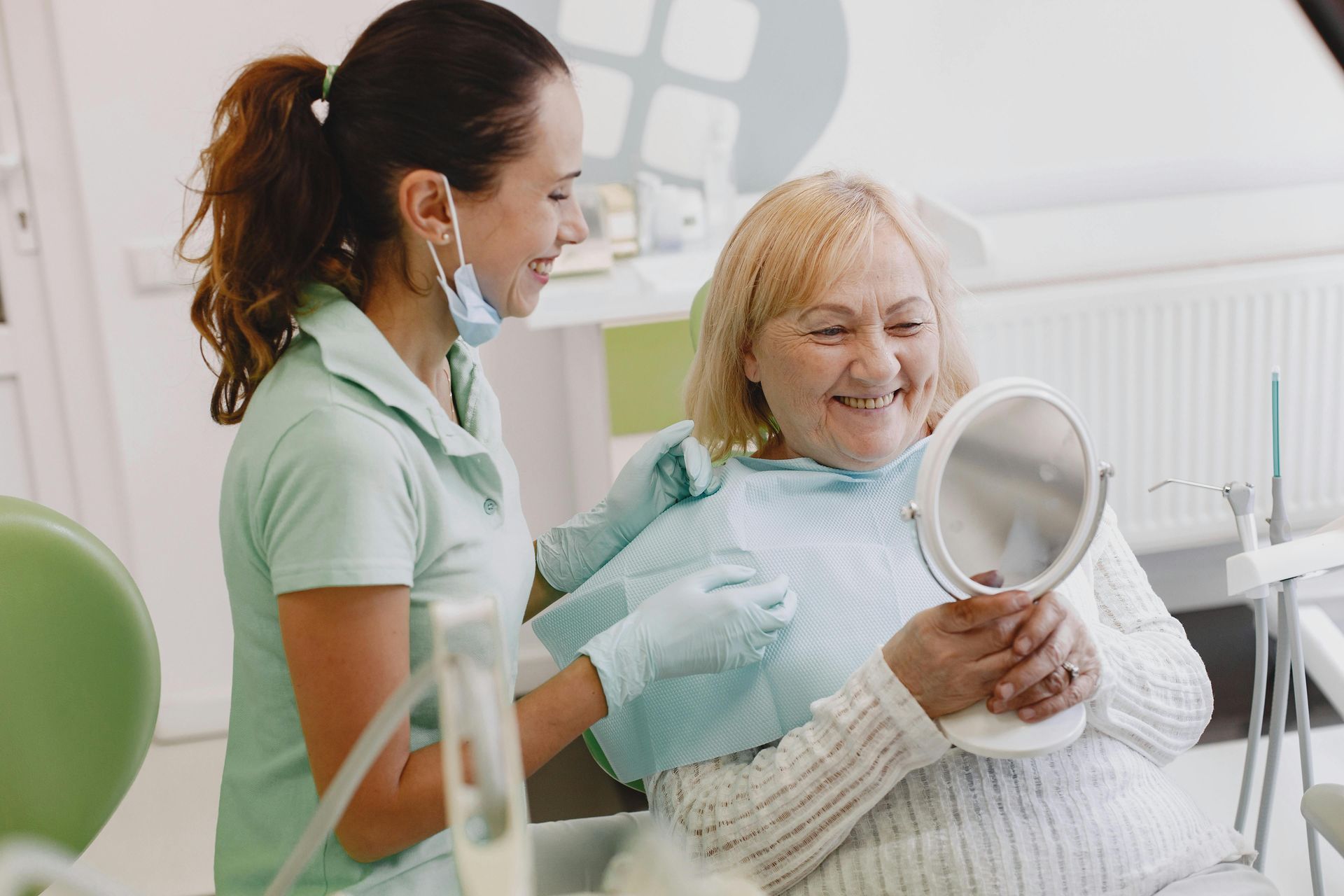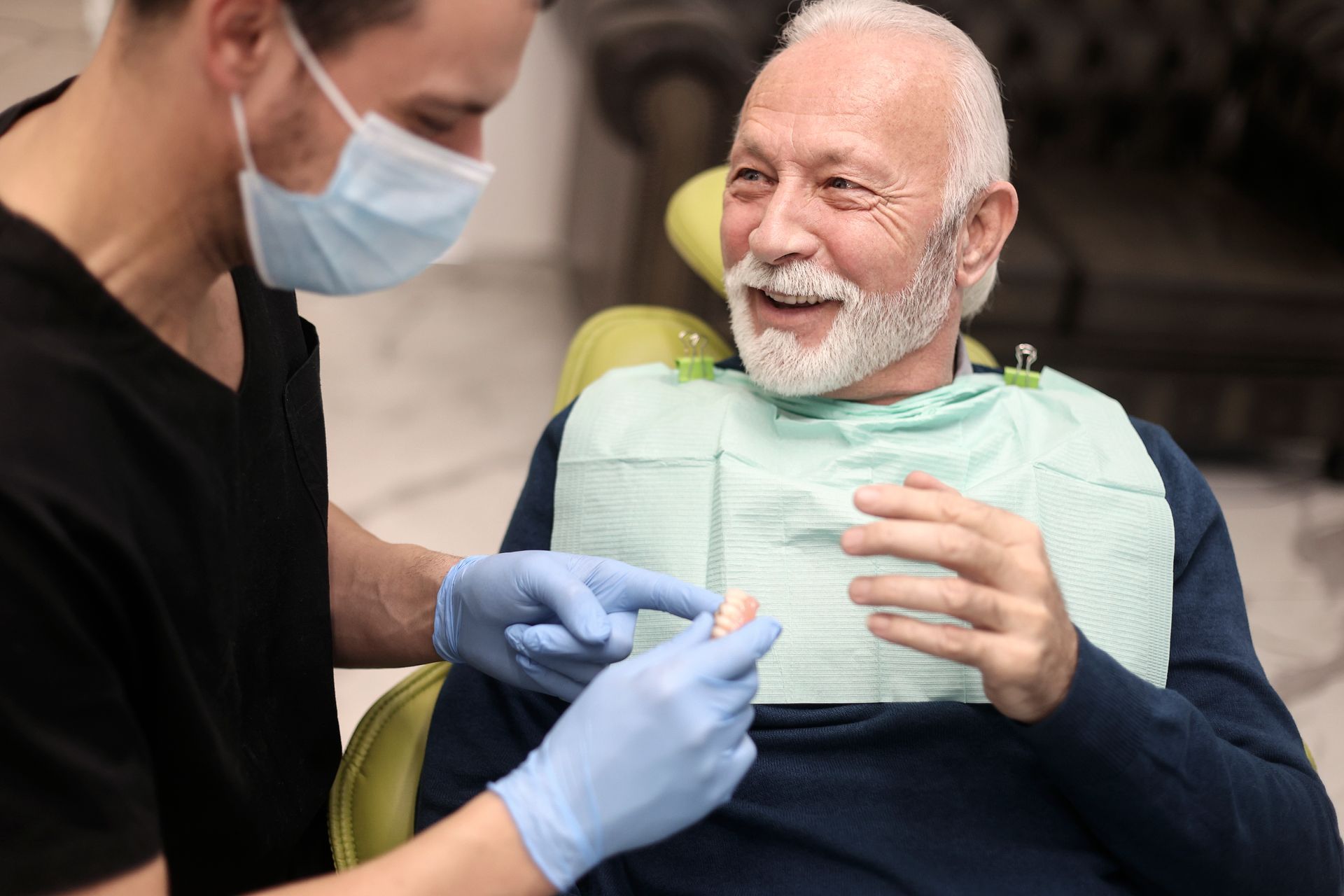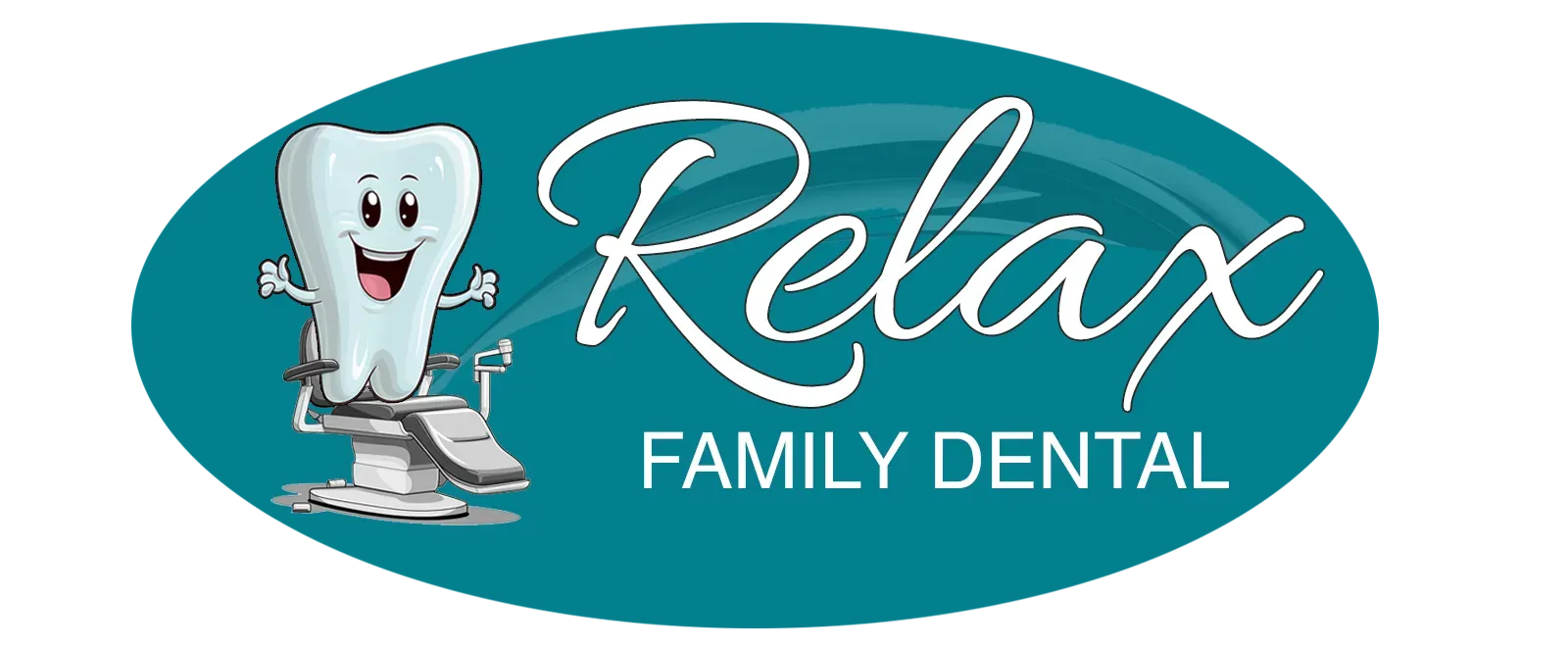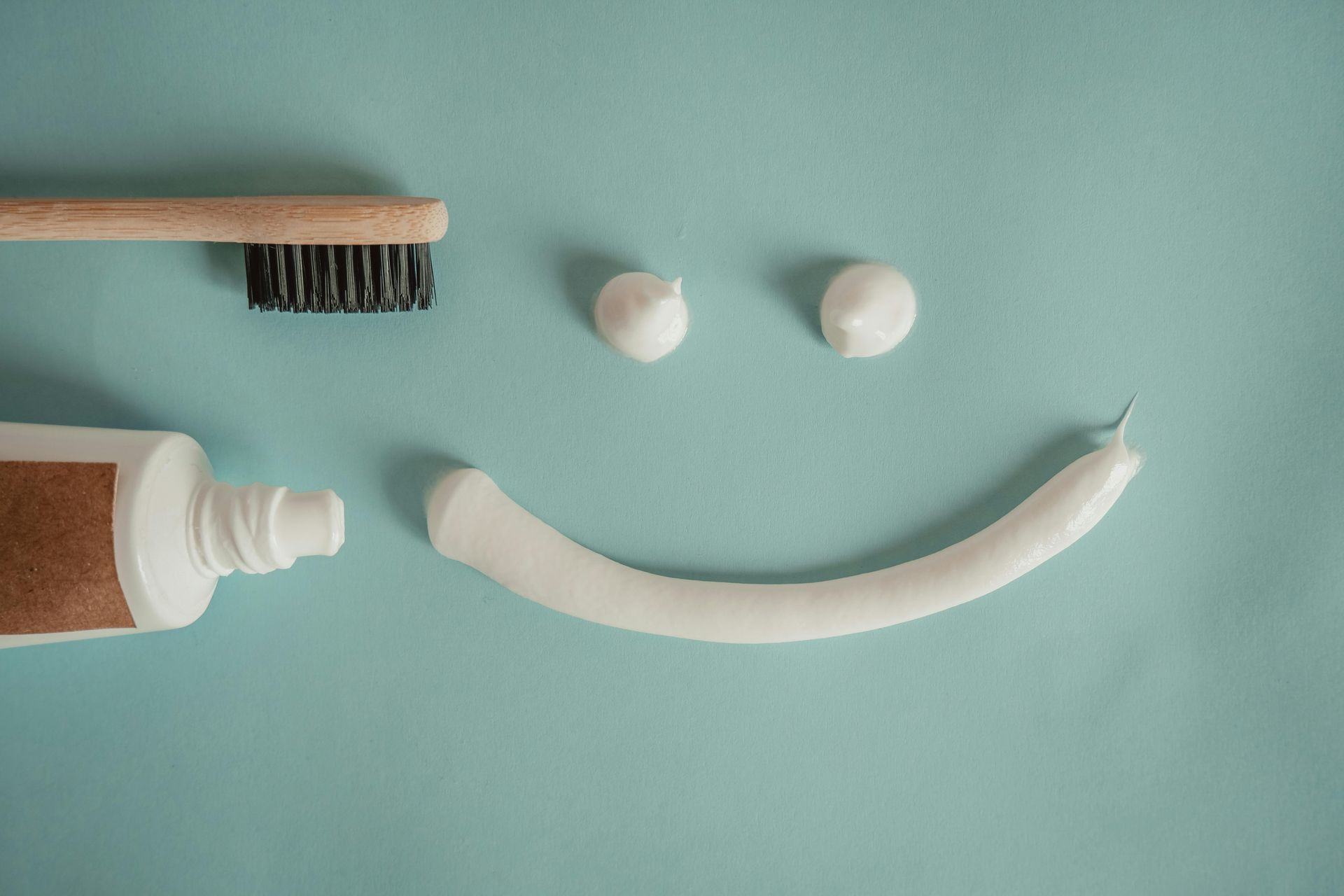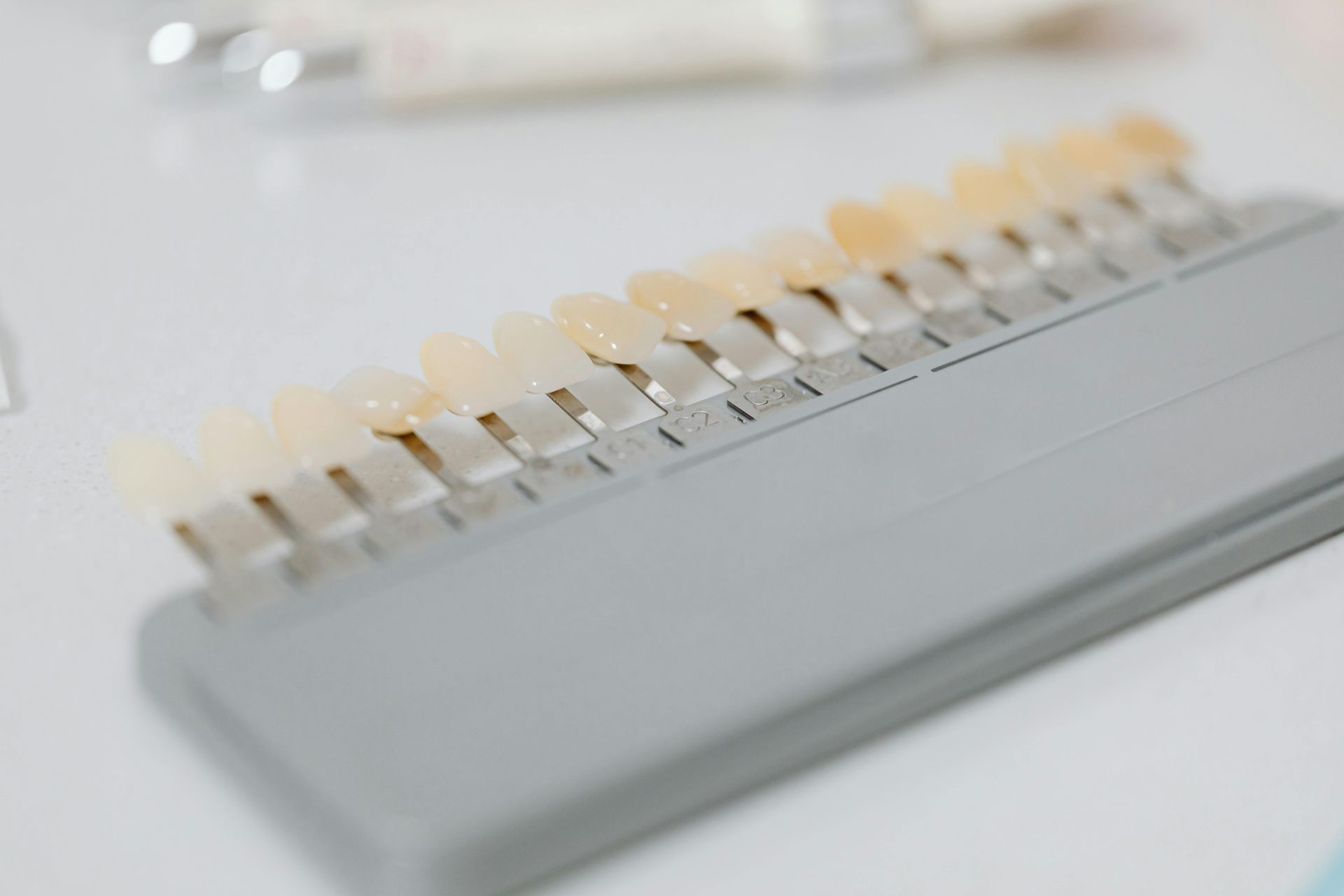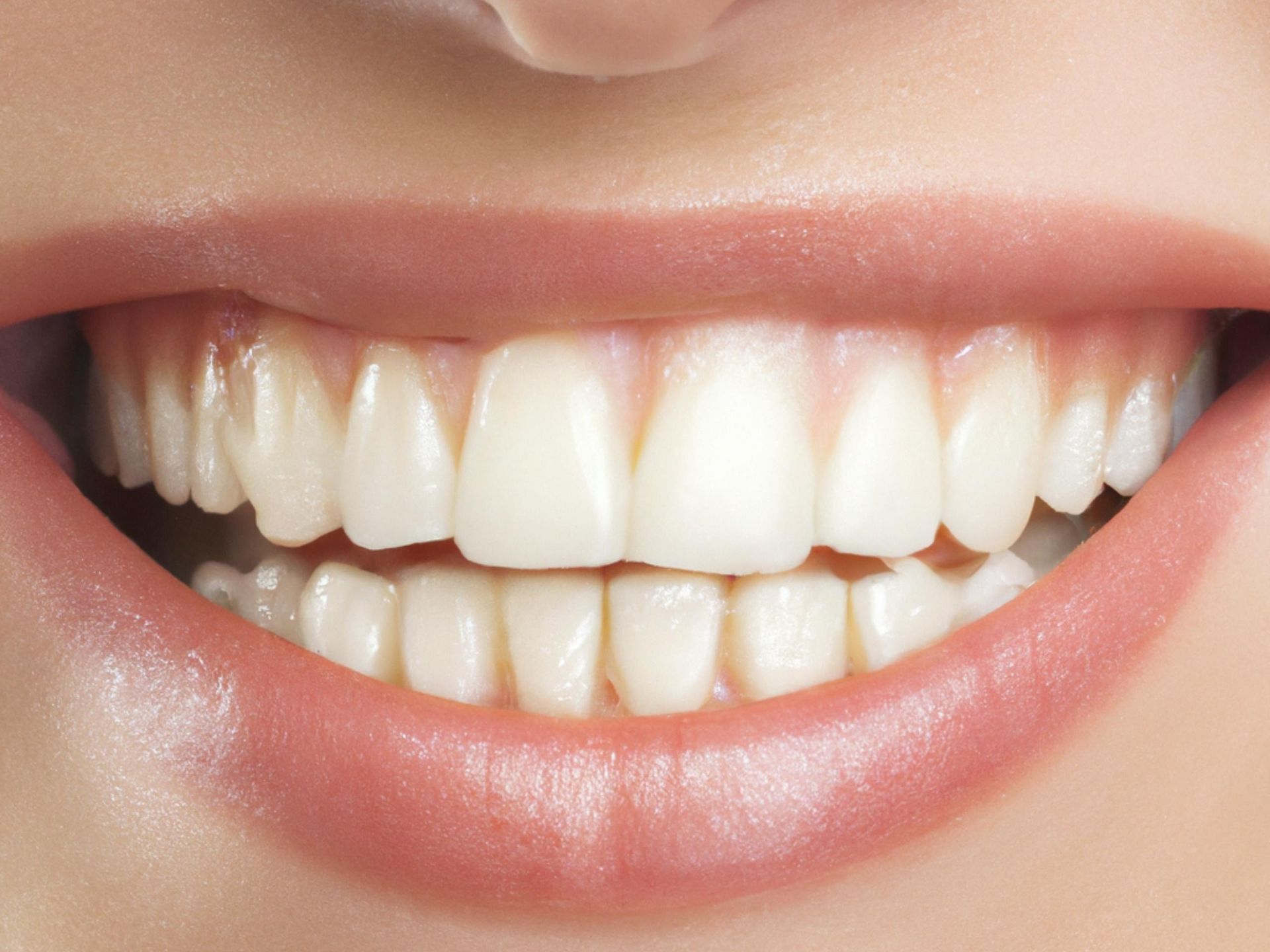Top 7 Common Dental Myths Debunked
- Some denal myths may cause more harm than good.
- A new survey found that almost 80% of adults have a misconception about oral health.
- Experts say that understanding the facts is key to maintaining a healthy smile for life.
- Avoiding these common myths can improve your oral hygiene and prevent unnecessary dental issues.
For decades, myths about dental care have circulated, leaving people unsure about what’s truly best for their smiles.
These misunderstandings can result in neglecting key oral hygiene habits or relying on ineffective practices. That’s why it’s time to set the record straight.
Dr. Popa, dentist with 20 years of experience and owner of Relax Family Dental, emphasizes the importance of addressing these misconceptions early.
“Many patients come to me surprised to learn that some common beliefs about oral health are actually outdated or harmful. Understanding the facts can empower you to make better decisions for your smile,” she explains.
Have you ever wondered if brushing harder really makes your teeth cleaner, or if sugar-free soda can give you cavities? Let’s uncover the truth behind these and other dental myths to help you protect your smile with confidence.
1. Does Brushing Harder Clean Better?
Brushing harder doesn’t mean cleaner teeth—in fact, it’s like scrubbing delicate glassware with a steel brush: you might remove debris, but you risk damaging the surface. Aggressive brushing can wear down enamel, the protective outer layer of your teeth, and irritate your gums, potentially leading to sensitivity and receding gumlines. Instead, dentists recommend using a soft-bristled toothbrush and gentle, circular motions to effectively remove plaque without causing harm.
2. No Sugar, no Problem
While sugar-free sodas may seem like a safer choice for your teeth, they can be just as harmful as sugary drinks due to their high acidity. Think of it like pouring vinegar on a chalkboard—no sugar is involved, but the surface still erodes. Acidic beverages can weaken tooth enamel over time, increasing your risk of cavities and sensitivity. To protect your teeth, try to moderate your intake of acidic beverages, rinse with water afterward, and opt for more neutral alternatives like plain water or milk.
3. Aspirin for Toothaches
While it might seem like a good idea to place aspirin directly on a painful tooth, it’s actually not effective and could cause more harm. Aspirin is meant to be swallowed to relieve pain, but when applied directly to the gums or tooth, it can irritate the soft tissue and cause a chemical burn. Instead, take aspirin as directed and reach out to a dentist to address the root cause of the toothache. Over-the-counter pain relievers, combined with professional care, are the best way to manage and treat tooth pain.
4. Toothpaste for Whiter Teeth
Whitening toothpaste can certainly help remove surface stains caused by things like coffee or tea, but it’s not a miracle solution for deeply stained teeth. Imagine cleaning a countertop with a soft sponge—it’s effective for light cleaning, but it won’t tackle stubborn stains or discoloration that are deeply embedded. For more lasting results, professional treatments such as whitening gels or in-office procedures may be necessary. Whitening toothpaste is best for maintaining a bright smile, not for dramatically changing the color of your teeth.
5. Do Cavities Always Hurt?
Cavities don’t always cause pain, especially in the early stages. In fact, many cavities can develop without causing any discomfort until they reach the nerves inside the tooth, leading to sharp, throbbing pain. That’s why regular checkups every six months are so important—dentists can catch cavities early, before they turn painful and require more invasive treatments. Routine exams and cleanings help maintain your oral health and ensure that small issues don’t become bigger, more costly problems.
6. Dental Care while Pregnant
Dental care during pregnancy is not only safe but essential for both your health and your baby’s. Hormonal changes during pregnancy can increase the risk of gum inflammation, known as pregnancy gingivitis, which may lead to more serious conditions if left untreated. Research also suggests a potential link between untreated gum disease and complications like low birth weight or preterm delivery.
Regular checkups and cleanings help prevent these risks and keep your oral health in check. Dental X-rays are generally considered safe during pregnancy when necessary, as modern shielding techniques minimize exposure. However, if you prefer to avoid X-rays, routine cleanings and exams can still be performed to maintain your dental health with minimal compromise. Prioritizing oral care during pregnancy is a vital step in supporting your overall well-being.
7. Brushing vs. Rinsing or Chewing Gum
While chewing gum or using mouthwash can complement your oral hygiene routine, they are not substitutes for brushing your teeth. Chewing sugar-free gum can help stimulate saliva production, which washes away food particles and neutralizes acids, but it doesn’t remove plaque buildup on your teeth. Similarly, mouthwash can freshen your breath and reduce bacteria, but it can’t physically remove the plaque and debris that brushing does. Brushing twice a day with fluoride toothpaste and flossing remain the most effective ways to clean your teeth and prevent cavities and gum disease. Think of gum and mouthwash as helpful extras, not replacements for the real work of brushing and flossing.


